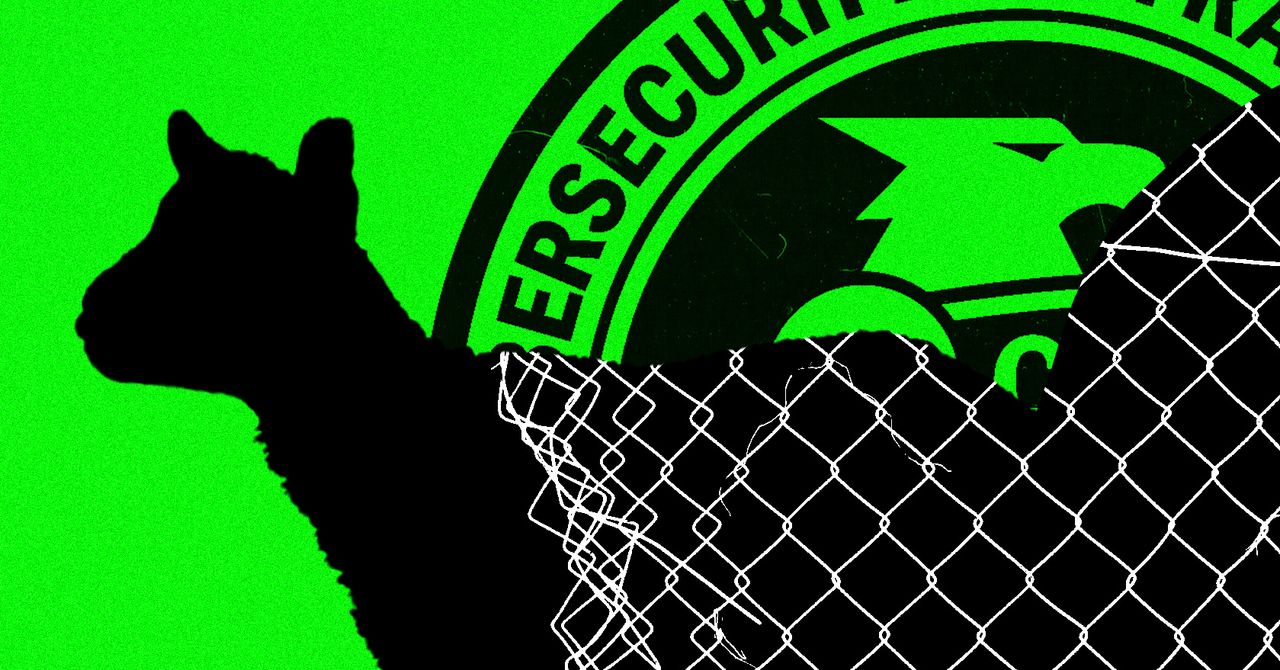The room stretched a workforce that was already thin. “We ran [a] Critical skills shortage before, ”says a second employee. ‘Most people do the work of two or more full -time [staffers]. “
The CISA team that helps critical infrastructure operators responds to hacks has been under -powered for years. The agency added support positions for that team to an audit of the government’s accountability office, but “most of the people have ended,” says a third employee.
Cisa’s flagship programs have been mostly intact so far. This includes the branch of threat hunting, which analyzes threats, searched by the government’s networks for invaders and responding to offenses. But some of the late staff members have provided important “backing” support for threat hunters and other analysts. “There are improvements to the tools he uses,” says the first employee. But with fewer people developing the improvements, “our outdated systems will start.”
In a statement, DHS spokesman Tricia McLaughlin still said “committed to the safety and safety of the critical infrastructure of the country” and “the critical skills that CISA experts bring to the fight every day.
James Hewitt, spokesman for the National Security Council, says the reporting in this story is “nonsense”, adding that “there was no widespread dismissal at CISA and that his mission remains intact.”
“We continue to strengthen cyber security partnerships, promote AI and Open Source Security and protect election integrity,” says Hewitt. “Under the leadership of President Trump, our administration will make significant progress in improving the national cyber security.”
Partnership problems
Cisa’s external partnerships-the cornerstone of his attempt to understand threats and counteract especially hard.
International travel is frozen, according to two employees, with travel and even online communications with foreign partners-who need high-level approvals. This has hampered CISA’s cooperation with other cyber agencies, including those of ‘Five Eyes’ allies Canada, Australia, New Zealand and the United Kingdom, staff members say.
CISA employees can’t even communicate with people at other federal agencies as they used to. Previously, routine conversations between CISA staff members and high-level officers elsewhere now need special consents, which delay important work. “I can’t reach out to a CISO about an emergency without approval,” said a fourth employee.
Meanwhile, companies have expressed fear about sharing information with CISA and even the agency’s free attack monitoring services due to Doge’s relocation of agency computers, according to two employees. “There are advanced concerns about all our services that collect sensitive data,” says the third employee. ‘Partners [are] Ask questions about what dogs access to and their concerns can express that their sensitive information is in their hands. “
“The devastation of predetermined relationships will be something that will have long -term consequences,” says the fourth employee.
CISA’s joint collaboration between cyber defense, a high-profile center of cooperation between the government industry, is also struggling. The JCDC is currently working with more than 300 private companies to exchange threat information, draw up defensive playbooks, discuss geopolitical challenges and publish advice. The unit wants to add hundreds of more partners, but it had ‘trouble scaling it’, says the first employee, and recent layoffs have only made things worse. Contractors may help, but the JCDC’s “Sellers’ support contracts are up in less than a year,” says the employee, and since processes across the government have been frozen or interrupted over the past few weeks, Cisa does not know if he can fulfill new agreements. The JCDC does not have enough federal workers to pick up the slackness, says the fourth CISA employee.
